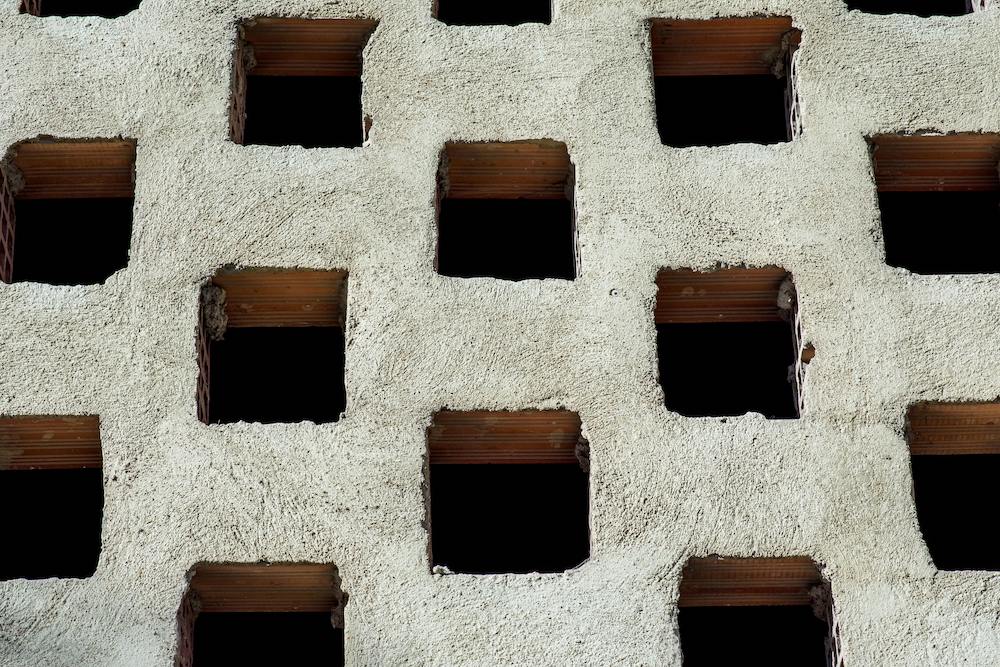Green Hollow Blocks - Sustainable Solution for Affordable Construction

Traditional concrete blocks contribute significantly to carbon emissions and rely heavily on non-renewable natural resources such as cement, crushed granite, and river sand. Their widespread use in construction places a considerable burden on the environment, both in terms of greenhouse gas emissions and resource depletion. There is a growing need for a sustainable, cost-effective alternative that maintains the structural strength required for building applications, while reducing environmental harm. This calls for innovative solutions that incorporate industrial by-products to minimise carbon footprint and material costs without compromising performance.
The solution is the use of Green Hollow Blocks, an eco-friendly replacement for traditional concrete blocks. These blocks are made by using Palm Oil Clinker Powder instead of cement, Palm Oil Clinker instead of crushed granite, and M-sand instead of river sand. They are carefully designed to keep the strength needed for building while being lighter and easier to handle. They also meet the required standards for water absorption and durability. By using waste materials and reducing the use of non-renewable resources, these blocks can cut carbon emissions by up to 24% and lower material costs by up to 20%, offering a greener and more affordable option for construction.
The innovation lies in the creation of Green Hollow Blocks that replace traditional concrete ingredients with sustainable, locally sourced industrial by-products. This includes using Palm Oil Clinker Powder as a partial cement substitute, Palm Oil Clinker in place of crushed granite, and M-sand instead of natural river sand. Developed using the Fineness Modulus Method for optimised mix design, these blocks maintain the required structural strength for load-bearing construction while being lighter, more cost-effective, and environmentally friendly. This approach significantly reduces carbon emissions, lowers dependence on non-renewable materials, and offers a practical green alternative in the construction industry, without compromising performance or quality.


